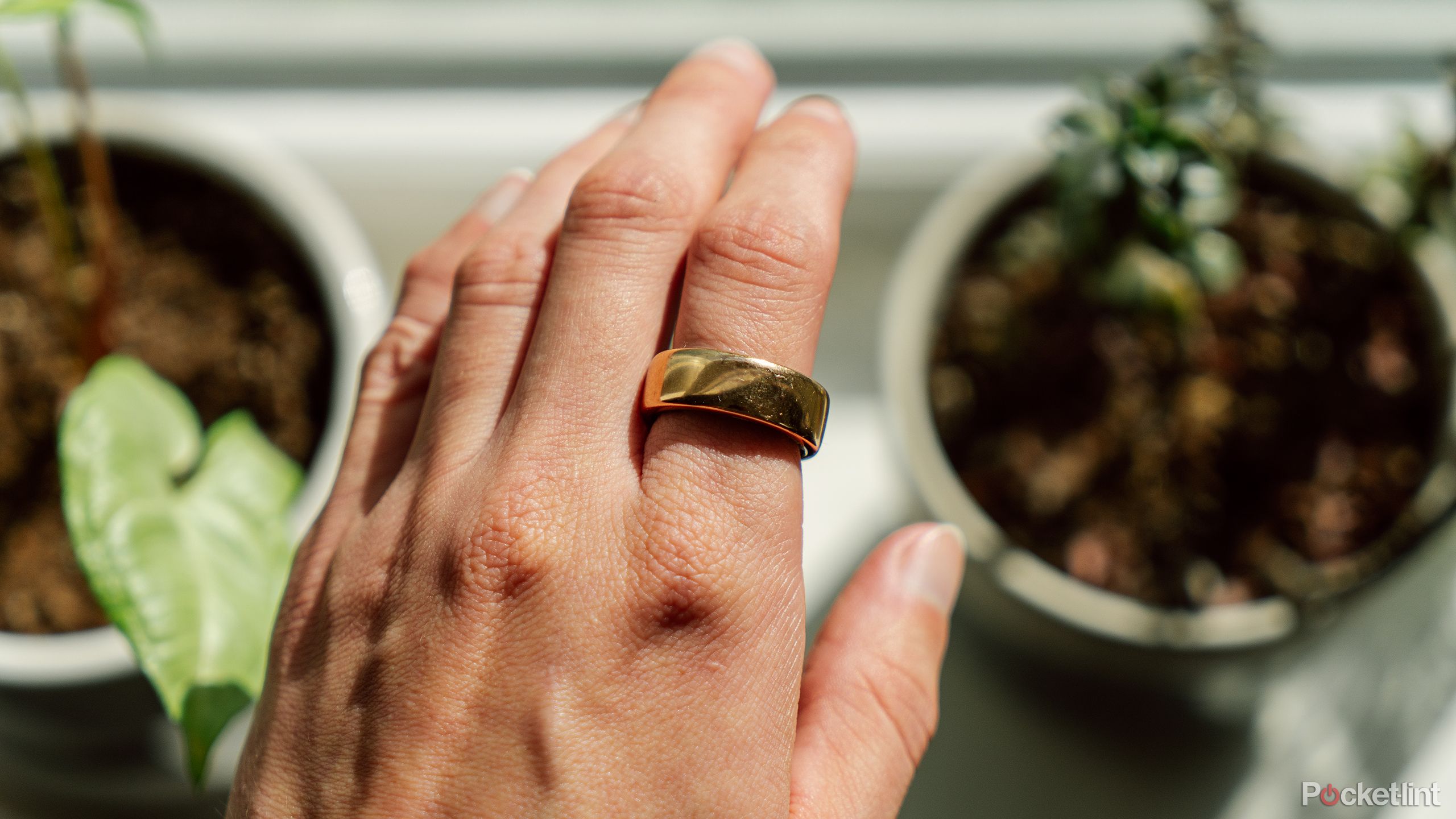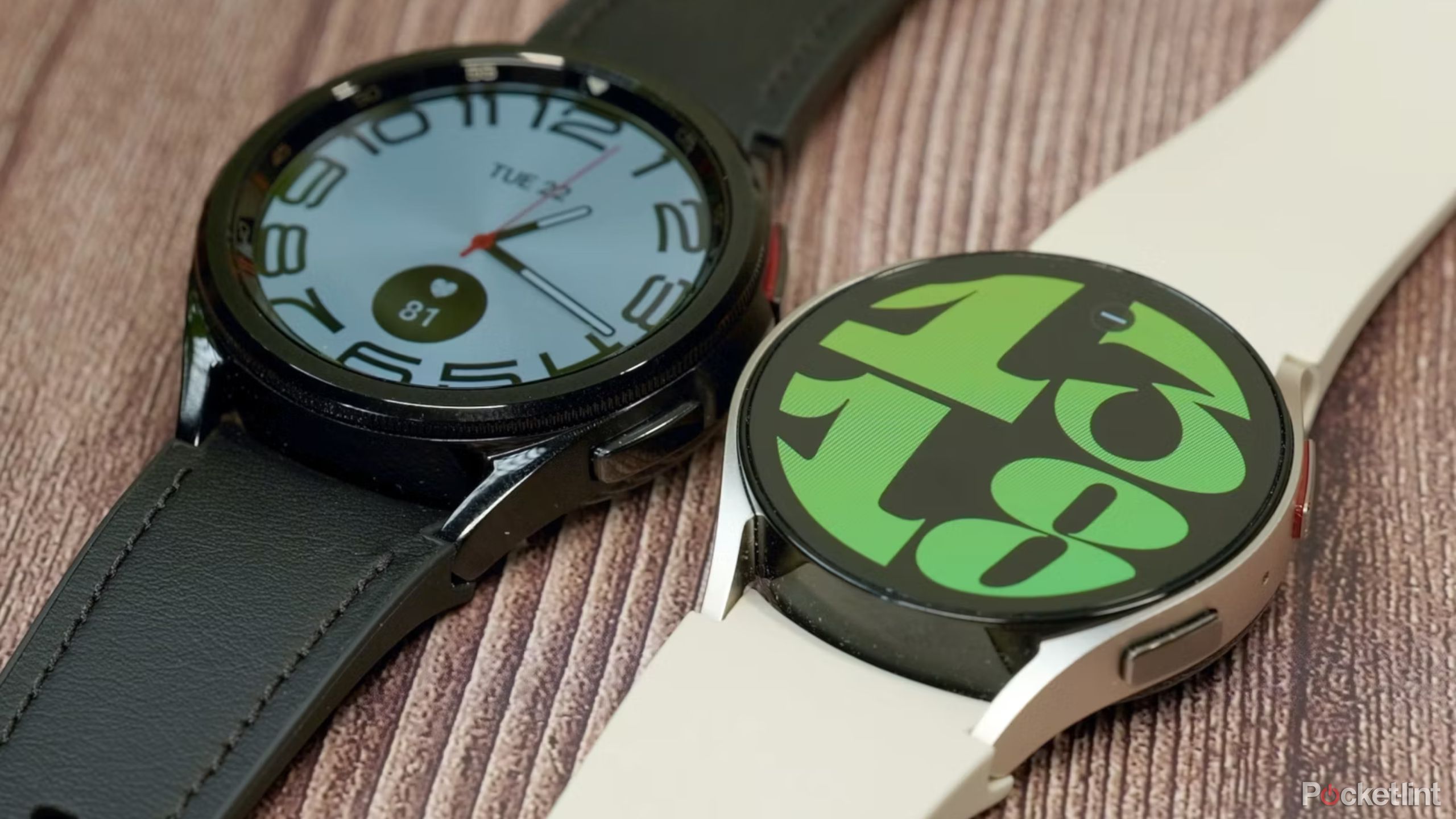Key Takeaways
- Samsung’s Galaxy Ring release date will likely be sometime in 2024, with more details expected on July 10.
- The design will include a shiny metal finish in three colors and sensors for biometric readings.
- Pricing will likely be around $300 to $350, and it could require a subscription for $10 a month or less.
When it comes to wearable technology, it’s mostly been about watches and wristbands. However, Oura has been on a roll with rings. The company’s devices don’t come with distracting screens and, with the right fit, are practically guaranteed to produce accurate biometric readings. With more competitors jumping in, Samsung wants its own slice of the circle. Here’s what we know so far about the company’s own Galaxy Ring.
How a team of women turned the Oura Ring into an essential female health tool
Oura is offering unique insights for women to empower and educate them on making decisions about their bodies.
Samsung Galaxy Ring release date
Sometime in 2024
After a year’s worth of speculation trudging over patents, potential names, and how long it would take to nab health authority certifications, Samsung announced its intention to launch the Galaxy Ring during its Unpacked event for the Galaxy S24 smartphone series in January. The company hasn’t shared a go-to-market date yet (other than “later this year”), but we’re willing to bet Samsung will have more to say during its next Galaxy Unpacked event, which will reportedly take place on July 10 in Paris, France.
Samsung Galaxy Ring design
Well, it’s a ring, isn’t it?
Samsung’s teaser was extremely light on details. The exterior band has a shiny metal finish and is set to come in three colors — platinum silver, ceramic black, and gold. All three colorways incorporate a black interior fitting featuring an array of sensors that will collect your vital information, including heart rate, blood oxygenation, and other metrics, presumably.
We’re willing to bet Samsung will have more to say during its next Galaxy Unpacked event, which will reportedly take place on July 10 in Paris, France.
The ring will come in US sizes 5 to 13 and be marked from S to XL, The Verge reports. While the sizing itself isn’t all that interesting, leaker Evan Blass shared a screenshot of the Samsung Galaxy Ring delivery process, which is where things do get interesting. Typically, when you buy a smart ring, you first get a sizing kit. You are supposed to wear one of the sizing rings for 24 hours to ensure it fits well and then actually order the ring itself. There’s no instant gratification when it comes to ordering a smart ring.
It looks like Samsung will let you skip the sizing step if you already know your size, meaning you get your new smart ring much faster. While speeding up the process is tempting, ring fit is the most important factor when it comes to data accuracy and whether you will actually wear the ring. Smart rings fit very differently than regular rings, so this could lead to lots of incorrect ring sizes getting shipped out.

6 things to consider about a smart ring before getting one
Smart rings might seem neat, but they’re not for everyone.
Oddly, the battery size will also scale with the size of the ring, with a range of 14.5mAh to 21.5mAh. It’s not clear how many hours these cells will put out in a single charge. CNET reports the rings will weigh between 2.3g and 2.9g.
Samsung Galaxy Ring hardware and features
Sleep tracking is confirmed
- Certified for sleep apnea detection via Samsung Health Monitor
- Other typical biometrics on smartwatches
- Touch interface for smart home controls?
Samsung gave members of the media its first on-the-record briefing about the Galaxy Ring at Mobile World Congress 2024 in Barcelona, and that’s when we heard about what the on-board equipment will be able to track:
- Heart rate
- Movement
- Breathing
- Sleep insights (derived from the above three patterns)
The device might gather data, such as period and fertility markers, as enabled by existing integration with Natural Cycles.
In addition to all those features, Samsung was especially excited in February to announce that the FDA has given the Samsung Health Monitor app a first-in-the-industry De Novo certification (that is, for novel devices) specifically for its new sleep apnea detection feature. The feature is set to make its way to compatible Galaxy Watch and Galaxy phone devices, and it sure sounds like it’s coming to the Galaxy Ring, as mentioned in a February press release. For those who aren’t aware of how much their breathing is obstructed at night but do know they’re waking up horribly with side effects lasting all day, this will likely be a game changer.

Samsung Galaxy Watch 7: What we know
Samsung’s latest could feature a new chipset and other features.
Beyond that, without an on-device graphical user interface, you can bet on either a device-dedicated app or some form of integration into the Galaxy Wearable app and Samsung Health to help keep track and analyze all those bits of data collected from the Ring. Our colleagues at Android Police say new visual data products are in the works, including My Vitality Score — apparently an evaluation index cobbled together from sleep, activity, resting heart rate, and heart rate variability data — and a Booster Card. And if you’re wondering if artificial intelligence will have any business here, you can, indeed, expect it on some level.
Samsung Galaxy Ring pricing
A subscription could be part of the package
The pricing of the Galaxy Ring is far from confirmed, but recent leaks reported by Android Authority suggest a price between $300 and $350. Given that the Oura Ring costs $300, the UltraHuman Ring AIR ring is $350, and the Amazfit Helio Ring is right at $300, it seems likely that the price will indeed fit somewhere in that leaked range. We also wouldn’t be surprised if Samsung offers some bundle deals with its ring and watch to encourage upgrades and further adoption, since two devices working in tandem is ideal.
According to the same leaker, the Galaxy Ring could also involve a monthly subscription of $10 or less in addition to the price of the actual ring. Unfortunately, a subscription for a health wearable is pretty common these days. The Oura Ring requires a $5.99/month or $69.99 annual subscription. Google’s Fitbit Premium subscription costs $9.99 monthly, and Apple offers a Fitness Plus service for $9.99 as well. There’s also the Whoop 4.0, which is entirely subscription-based, with no upfront cost associated with the device on its own. Samsung doesn’t yet charge a subscription for any of its wearables, but that could change. After all, Oura started out without any subscription model and only added one to fund ongoing research. We hope that Samsung doesn’t go that route, but it isn’t out of the question.
Trending Products

Cooler Master MasterBox Q300L Micro-ATX Tower with Magnetic Design Dust Filter, Transparent Acrylic Side Panel…

ASUS TUF Gaming GT301 ZAKU II Edition ATX mid-Tower Compact case with Tempered Glass Side Panel, Honeycomb Front Panel…

ASUS TUF Gaming GT501 Mid-Tower Computer Case for up to EATX Motherboards with USB 3.0 Front Panel Cases GT501/GRY/WITH…

be quiet! Pure Base 500DX Black, Mid Tower ATX case, ARGB, 3 pre-installed Pure Wings 2, BGW37, tempered glass window

ASUS ROG Strix Helios GX601 White Edition RGB Mid-Tower Computer Case for ATX/EATX Motherboards with tempered glass…










